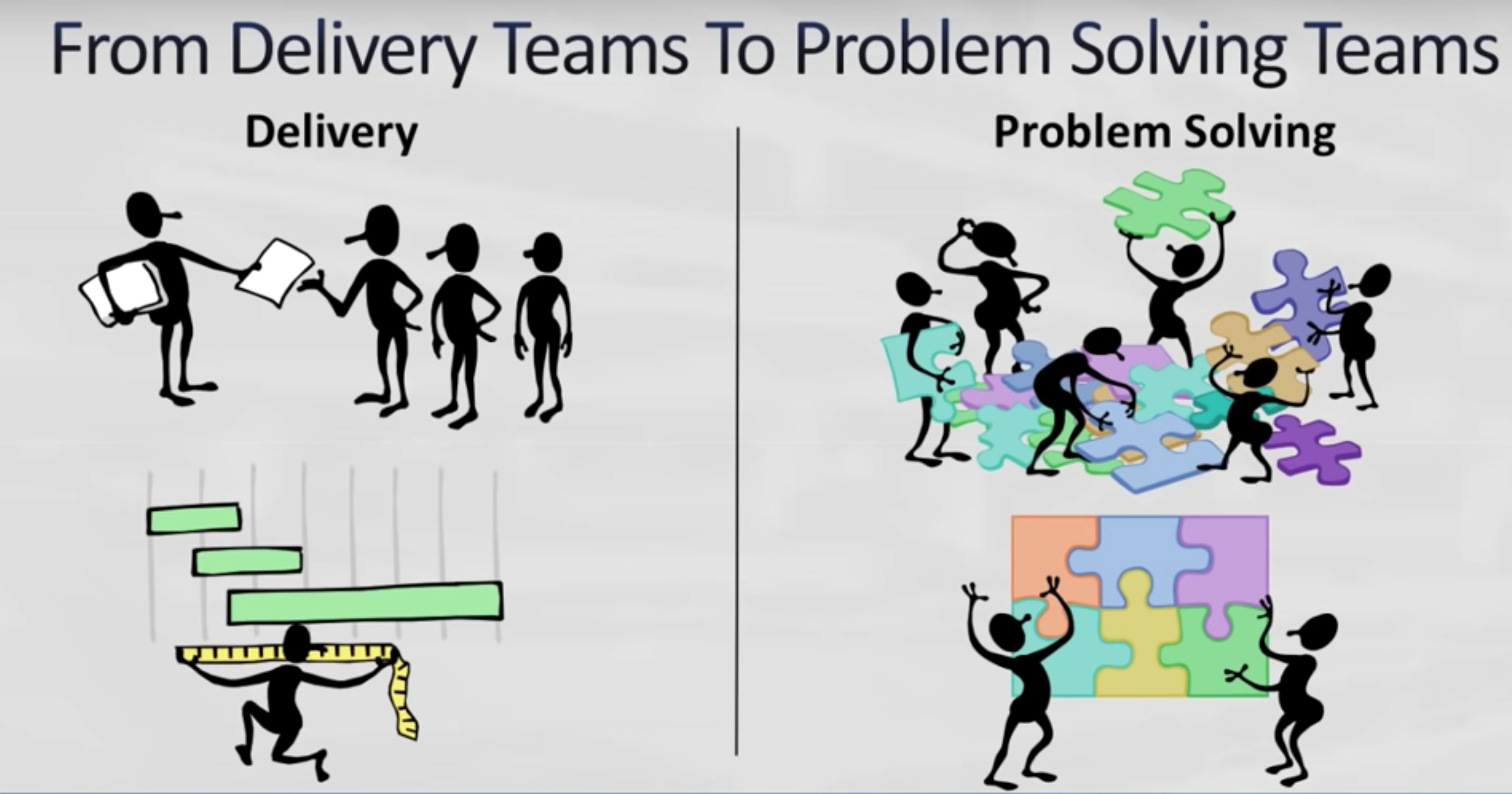(https://www.youtube.com/watch?v=6K4ljFZWgW8)
- Book: Antifragile - Nicolas Taleb
- Paper: Resilience Engineering: Learning to Embrace Failure - Acm Queue
- Book: The DevOps Handbook - Gene Kim, Jez Humble, Patrick Debois, John Willis
- Book: Continuous Delivery - Jez Humble, David Farley
- Paper: Online Experimentation at Microsoft - Kohavi, Crook, Longbotham
- Paper: Standis Group Study Reported at XP2002 by Jim Johnson, Chairman
- Book: Sprint - Jake Knapp, John Zeratsky, Brad Kowitz
- Video: The Design Sprint - Google I/O 2014
-
scale out more servers CAP theorem less communication autonomous teams
-
infrastructure as code conway’s law: org structure == architecture autonomous teams: independent deployment ops: self-service there is a cloud in your future cheaper more stable more secure more expandable infrastructure as code containers serverless = event-driven software-defined-networks
-
The New Technology Stack dependency problem
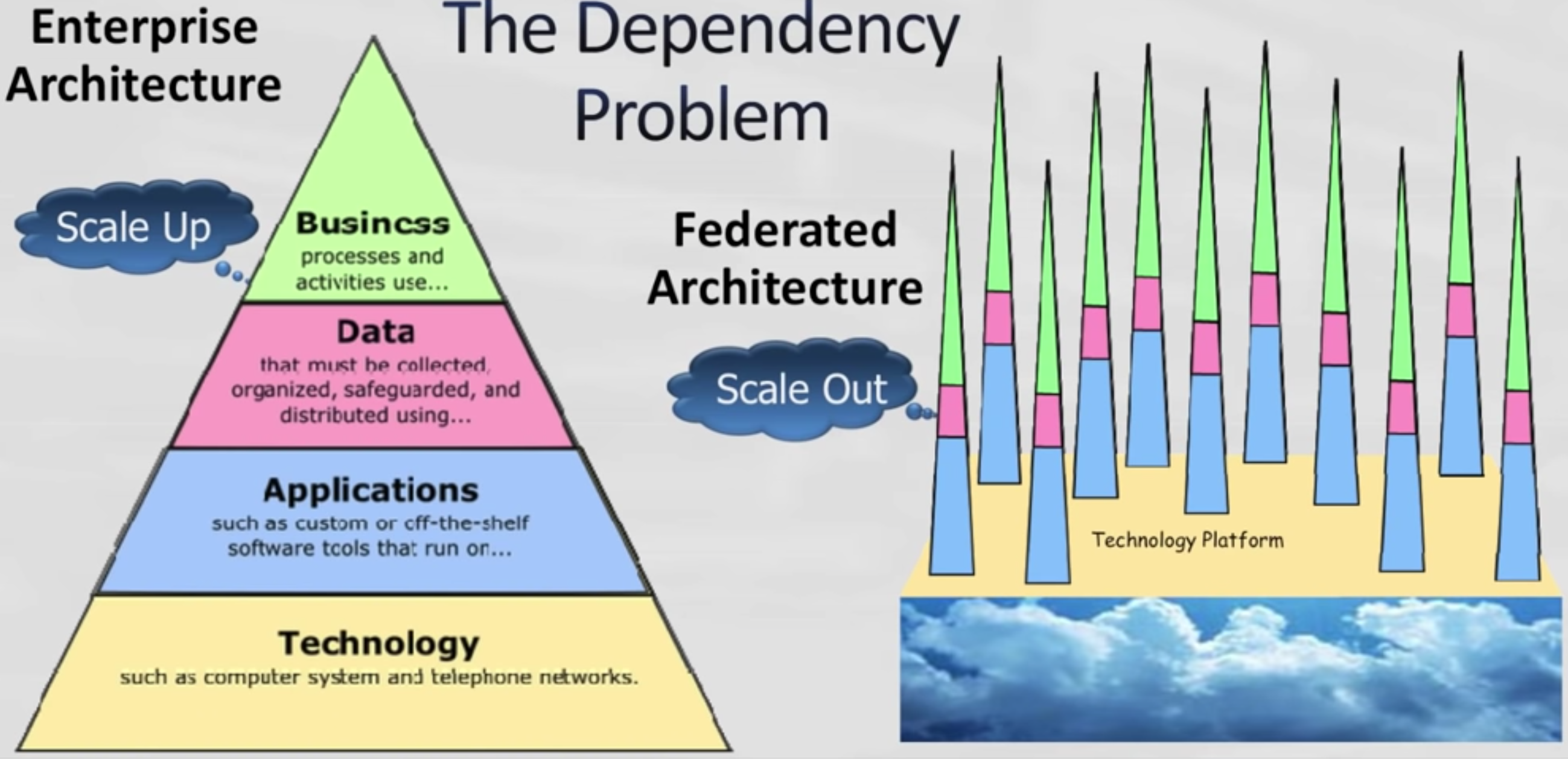
api > db
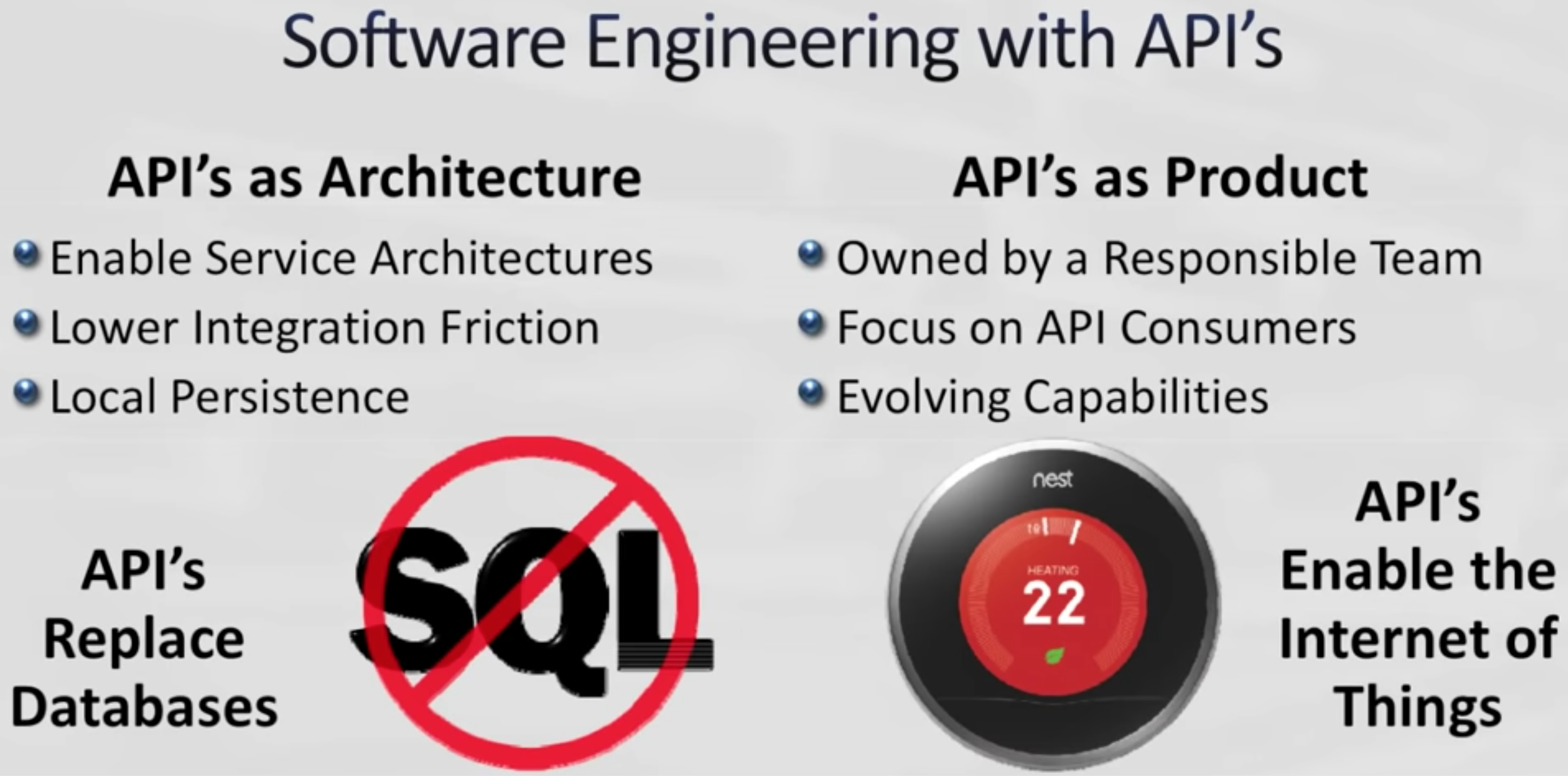
big data
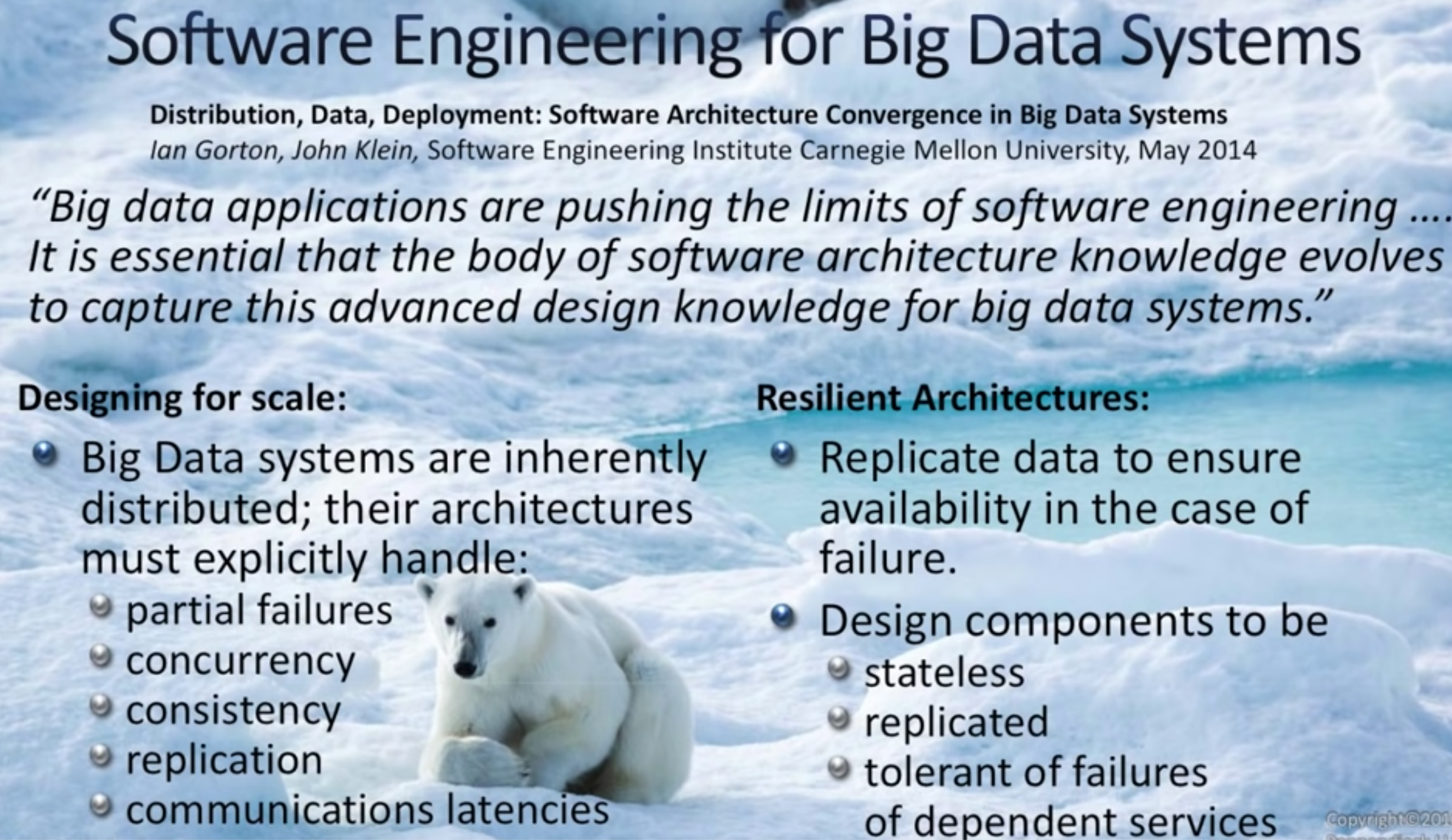
resilience engineering
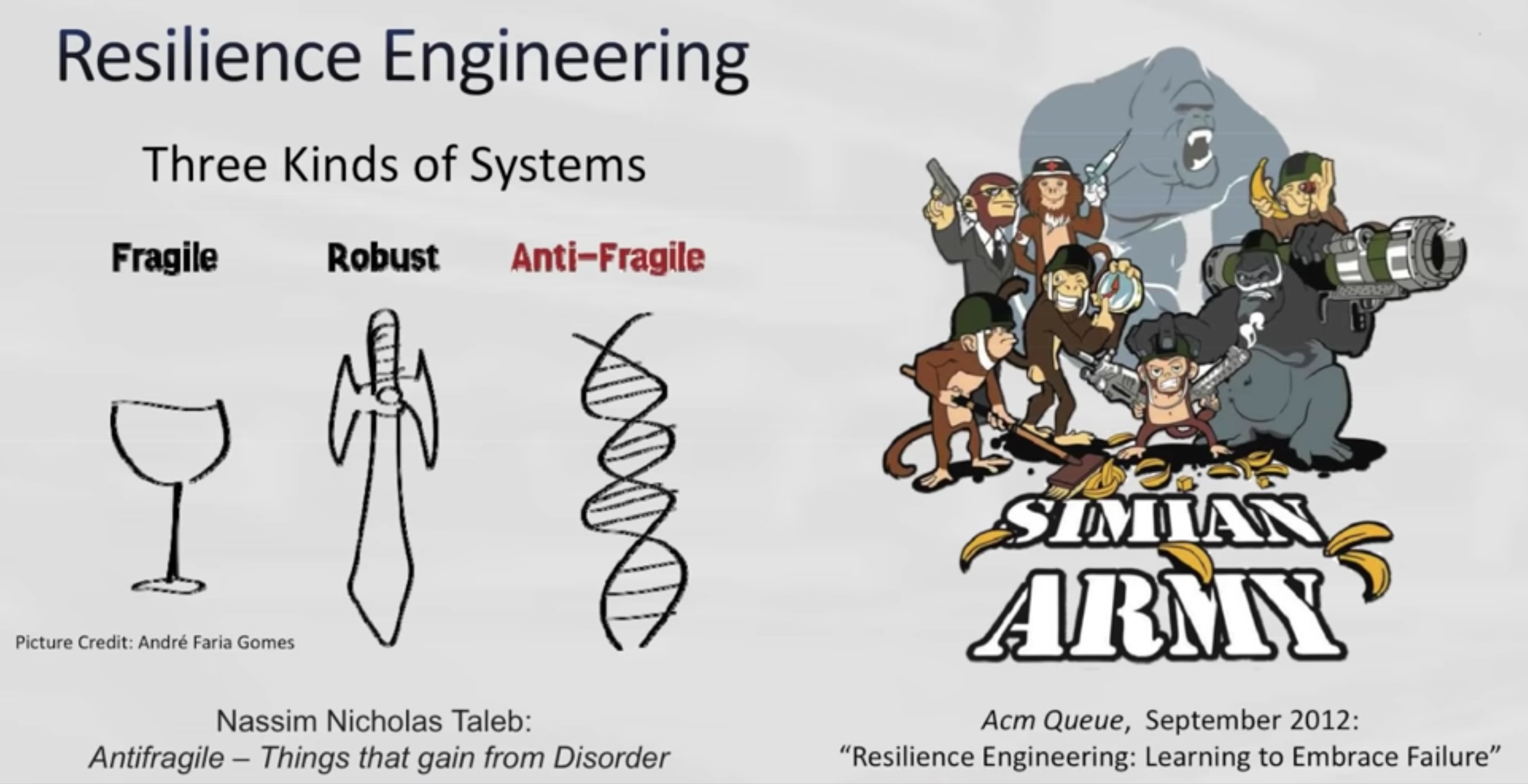 Book: Antifragile - Nicolas Taleb
Resilience Engineering: Learning to Embrace Failure - Acm Queue, September 2012
Book: Antifragile - Nicolas Taleb
Resilience Engineering: Learning to Embrace Failure - Acm Queue, September 2012
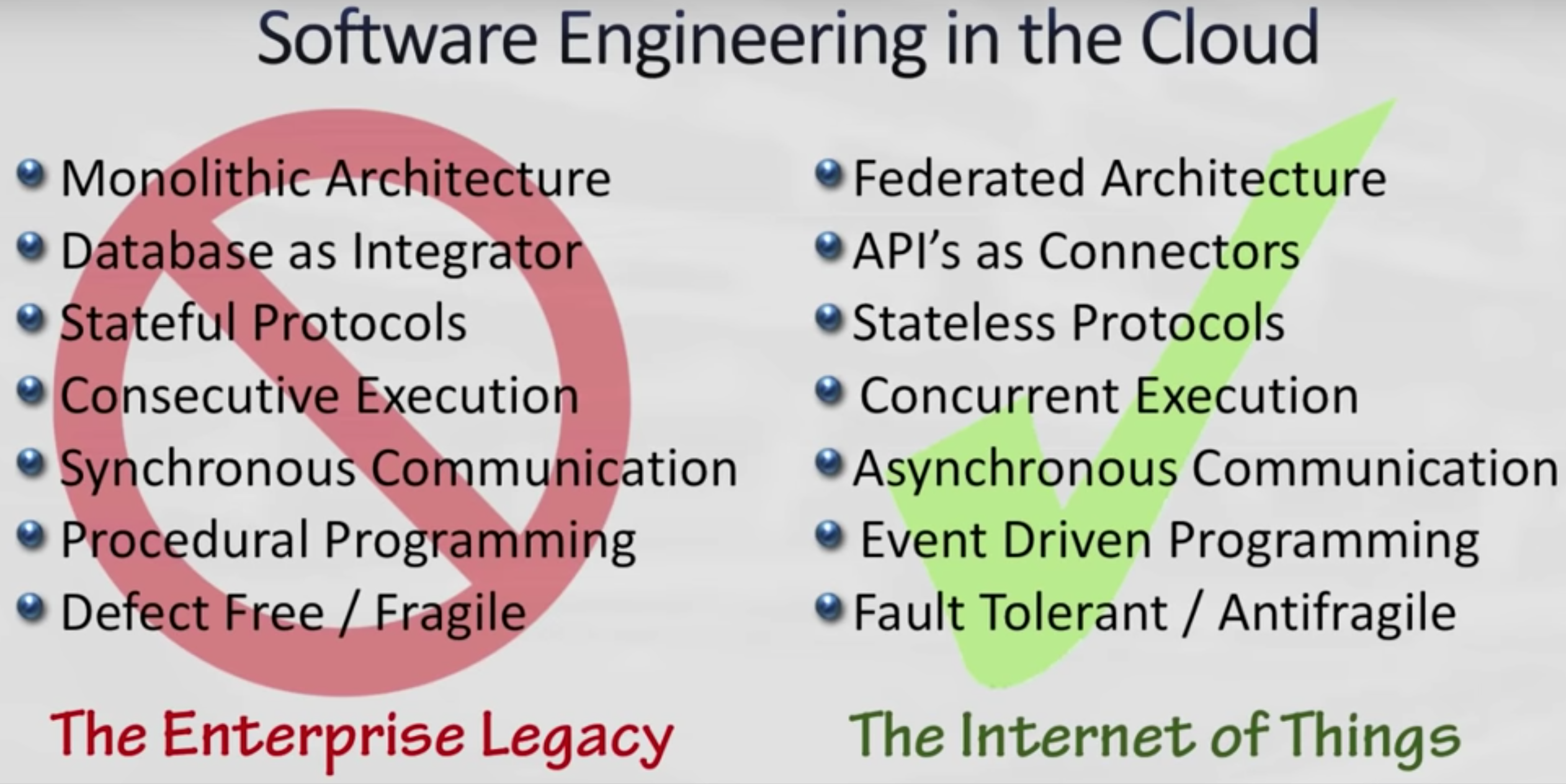
===
Devops
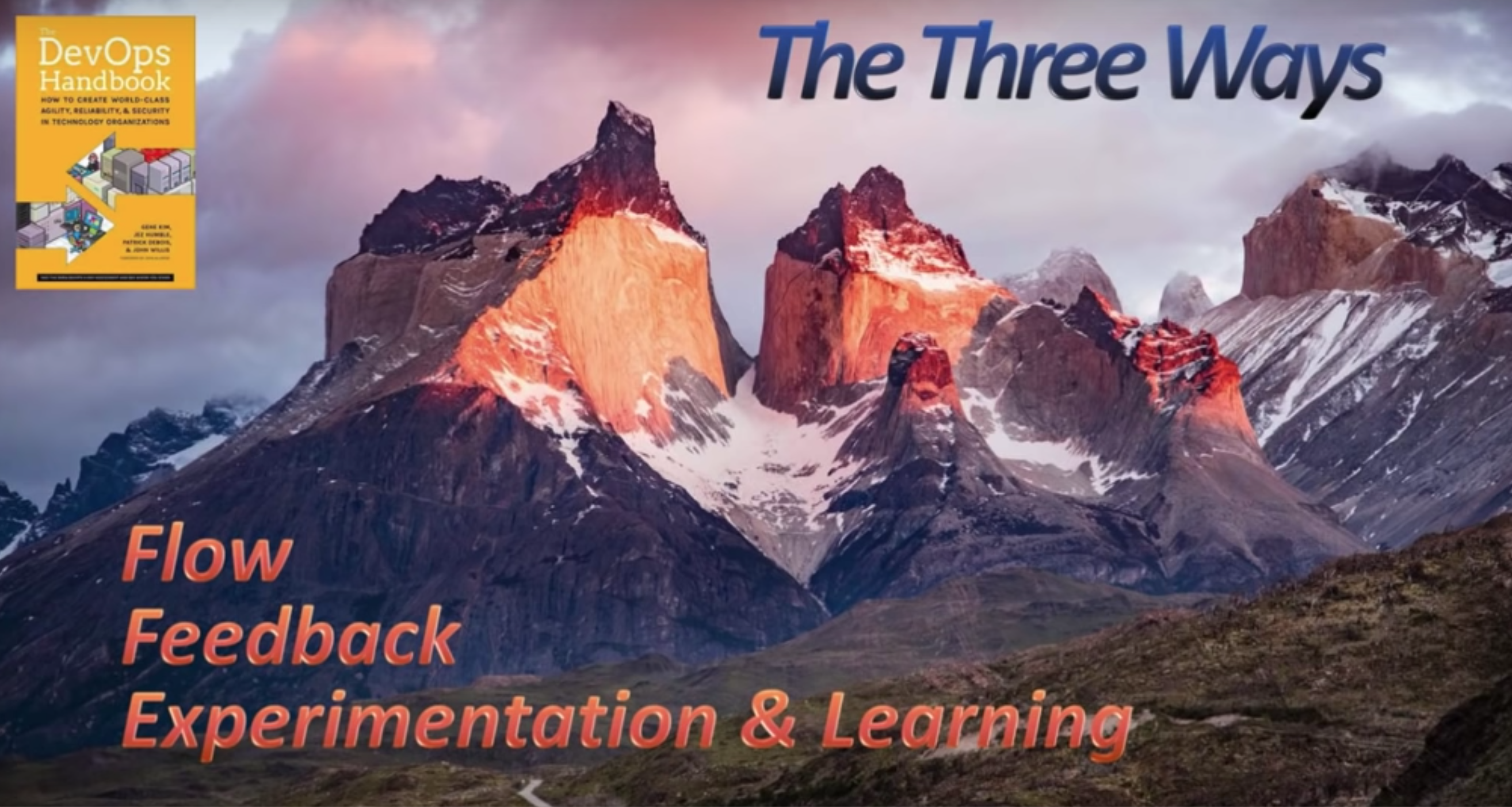 Book: The Devops Handbook
Flow
Feedback
Experimentation & Learning
Book: The Devops Handbook
Flow
Feedback
Experimentation & Learning
- Flow
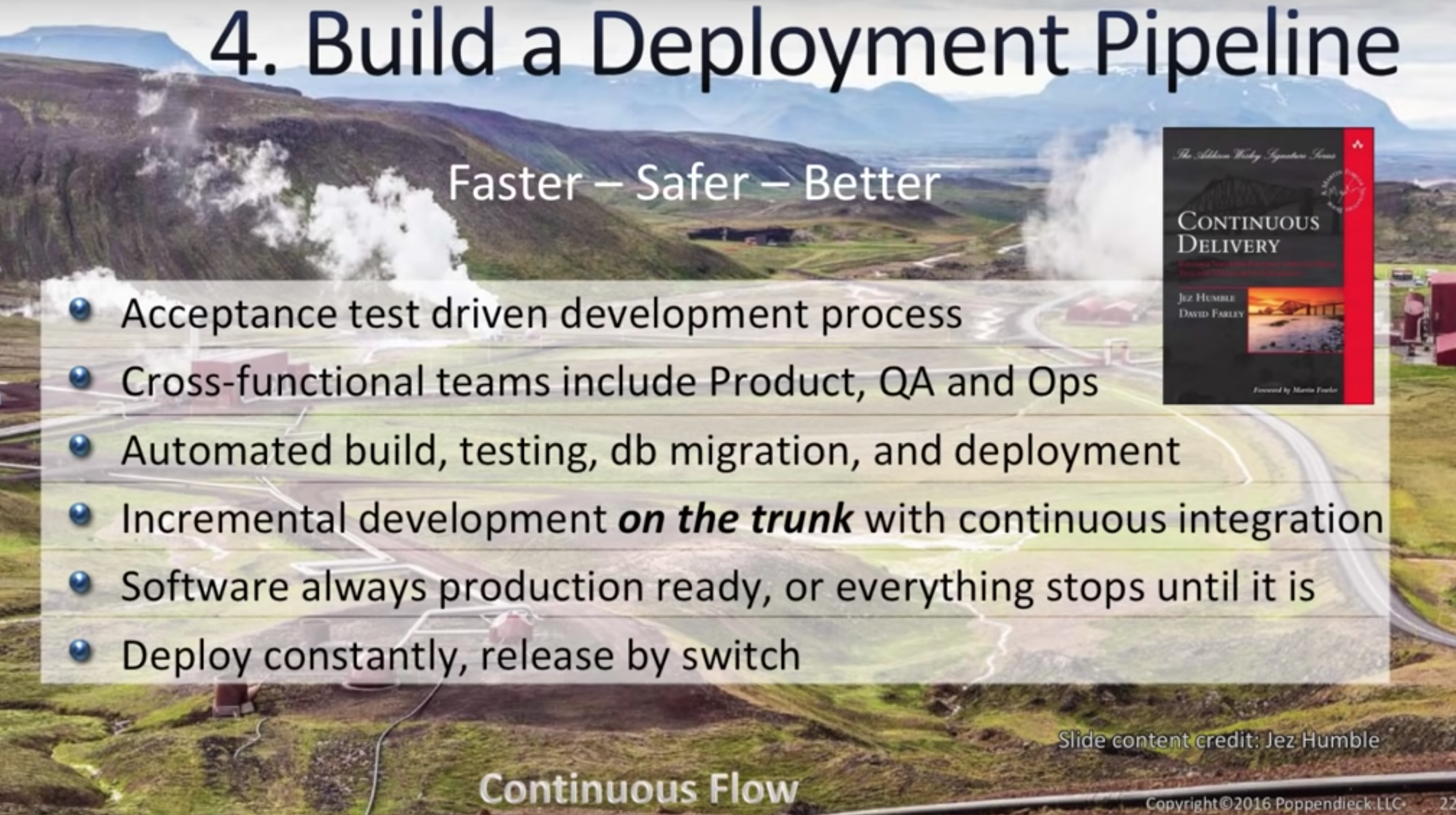 Book: Continuous Delivery - Jez Humble, David Farley
Book: Continuous Delivery - Jez Humble, David Farley
deploy all the time release is flipping the switch
- Feedback
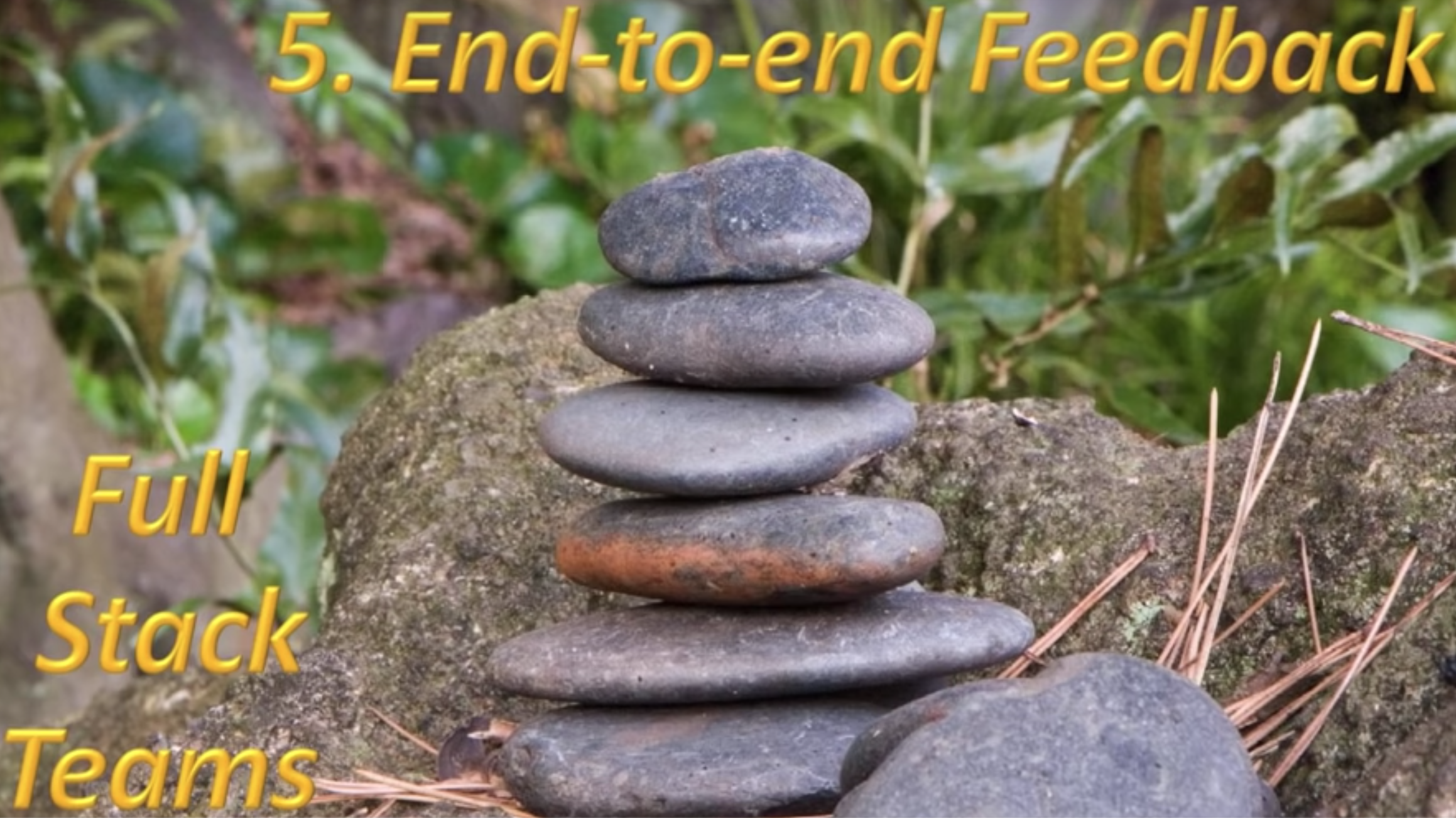
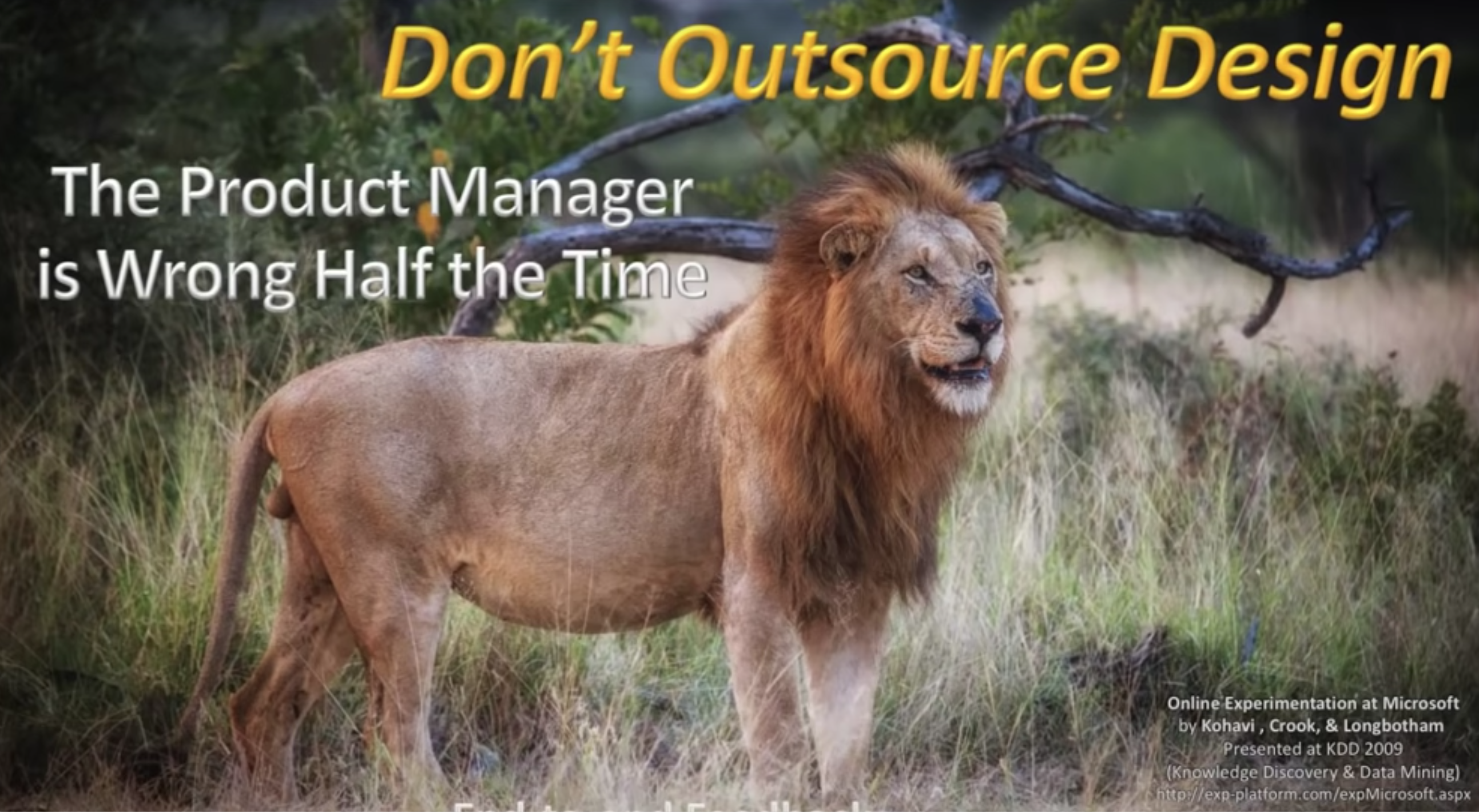 Paper: Online Experimentation at Microsoft - Kohavi, Crook, Longbotham
Paper: Knowledge Discovery & Data Mining - exp-platform.com/expMicrosoft.aspx
Paper: Online Experimentation at Microsoft - Kohavi, Crook, Longbotham
Paper: Knowledge Discovery & Data Mining - exp-platform.com/expMicrosoft.aspx
 Paper: Standis Group Study Reported at XP2002 by Jim Johnson, Chairman
Paper: Standis Group Study Reported at XP2002 by Jim Johnson, Chairman
- Experimentation & Learning
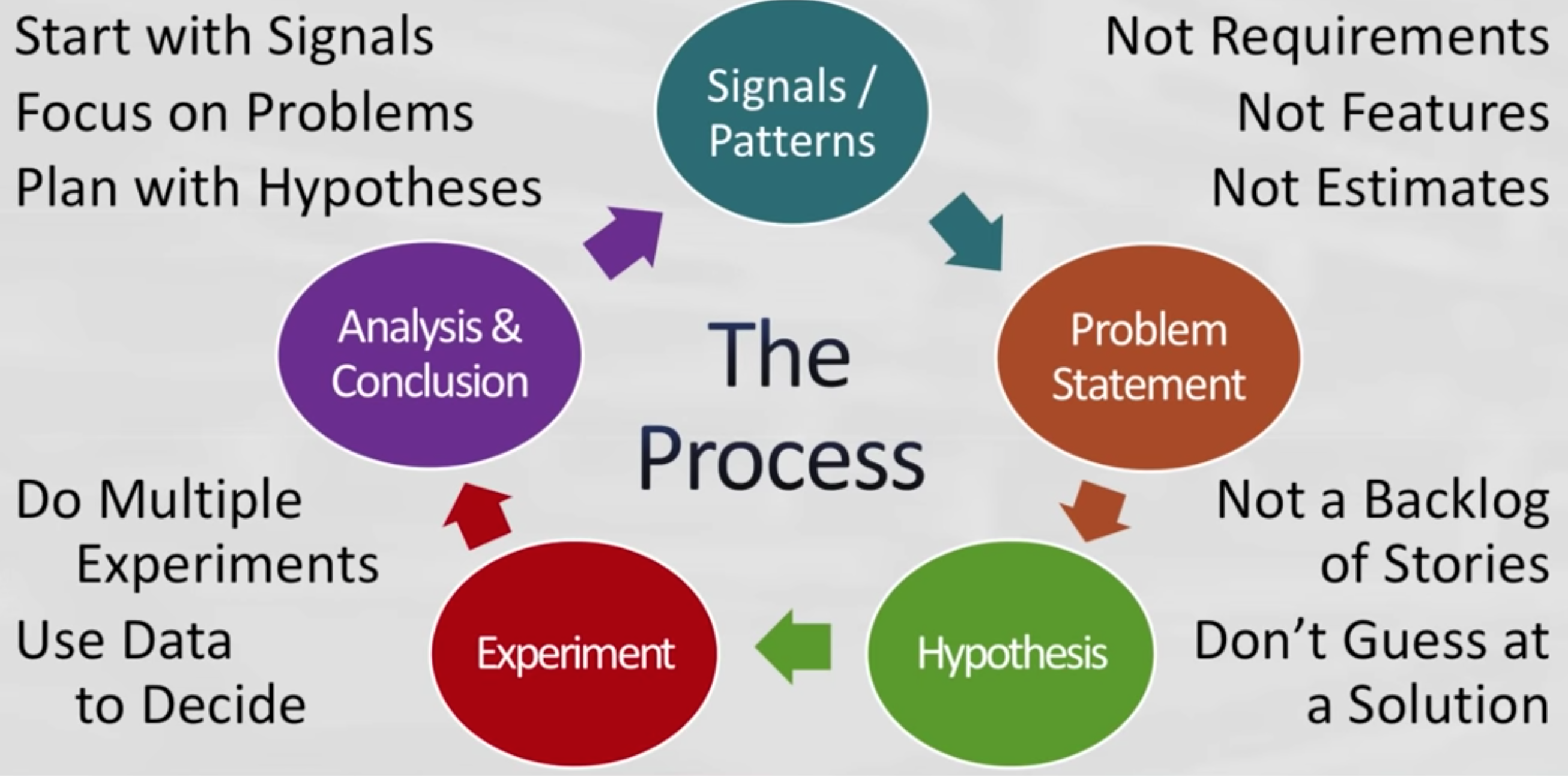
- start with signals, not requirements
- have a problem statement, not features
- plan with hypotheses, not estimates
if you have good problem solving teams, what good are estimates within constraints here is my constraints here is my problem experiments around a hypothesis, not backlog of stories analysis and conclusion, not guesses
Model: Design Sprint
The hard part is:
What problems are we gonna solve?
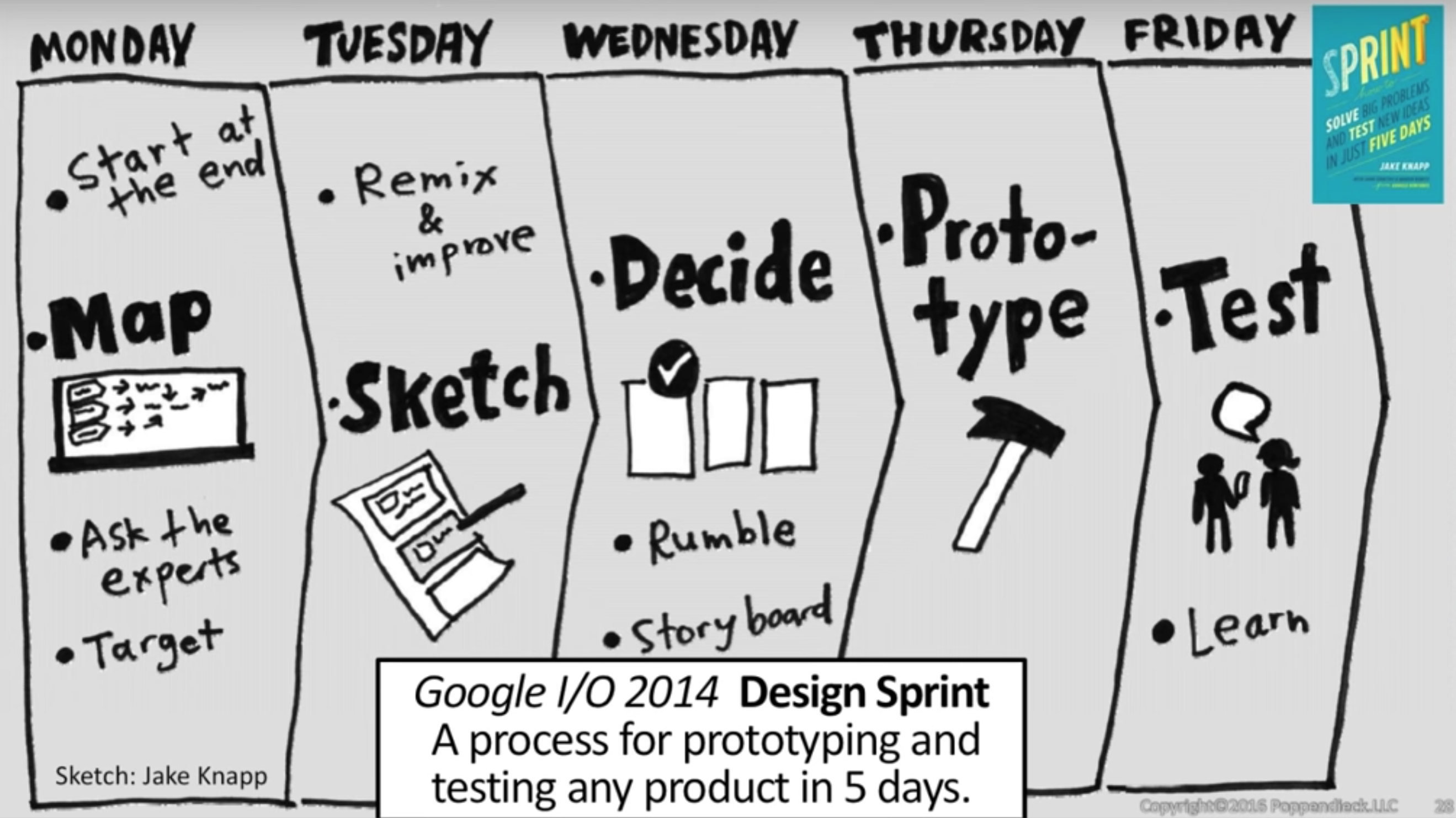 Book: Sprint - Jake Knapp
prototype and test any idea in 5 days
before actually coding
Book: Sprint - Jake Knapp
prototype and test any idea in 5 days
before actually coding
Video: Design Sprint Google IO 2014
Model: Idea Generation
idea generation (Tuesday)
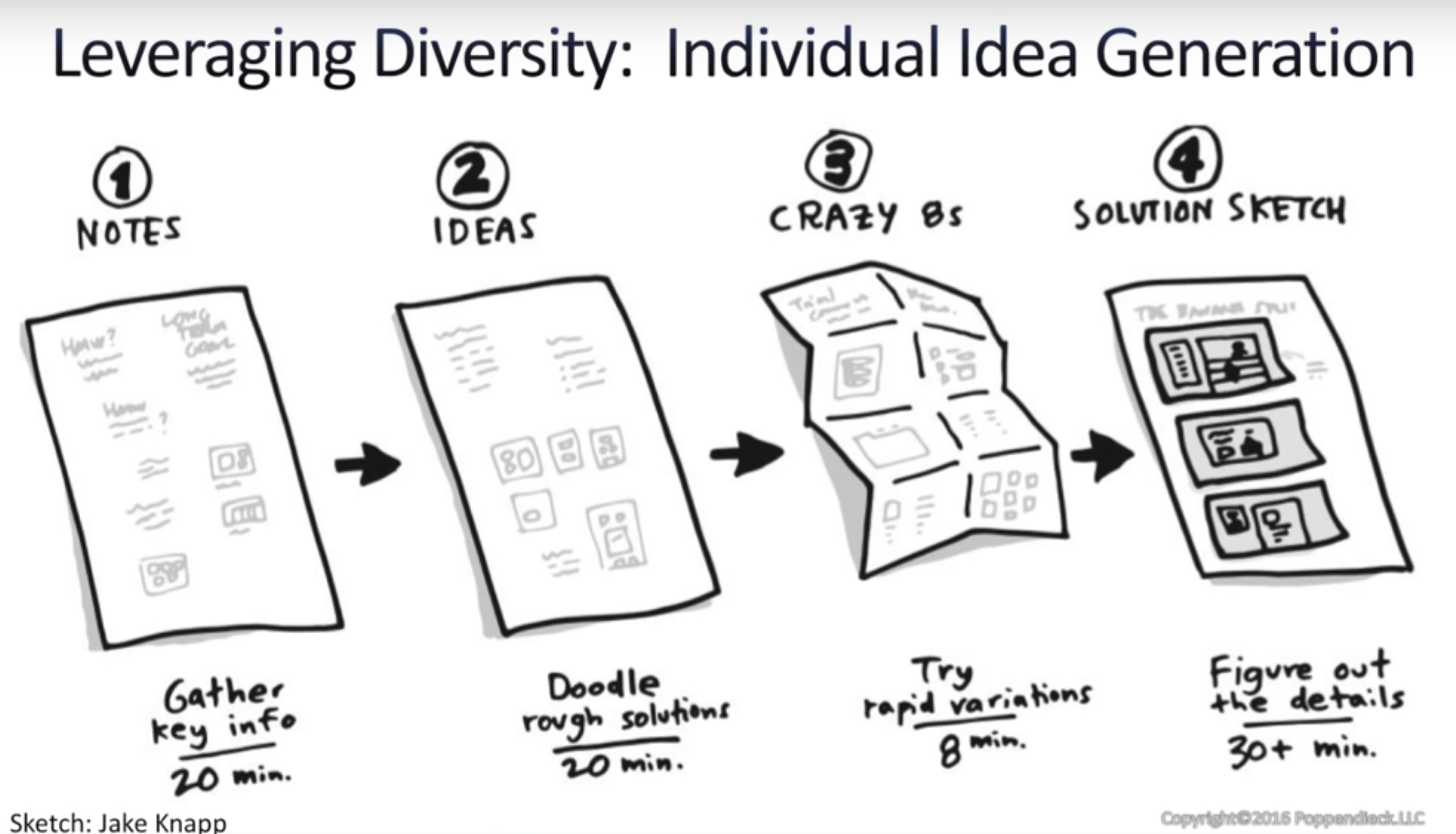
Conformity Bias
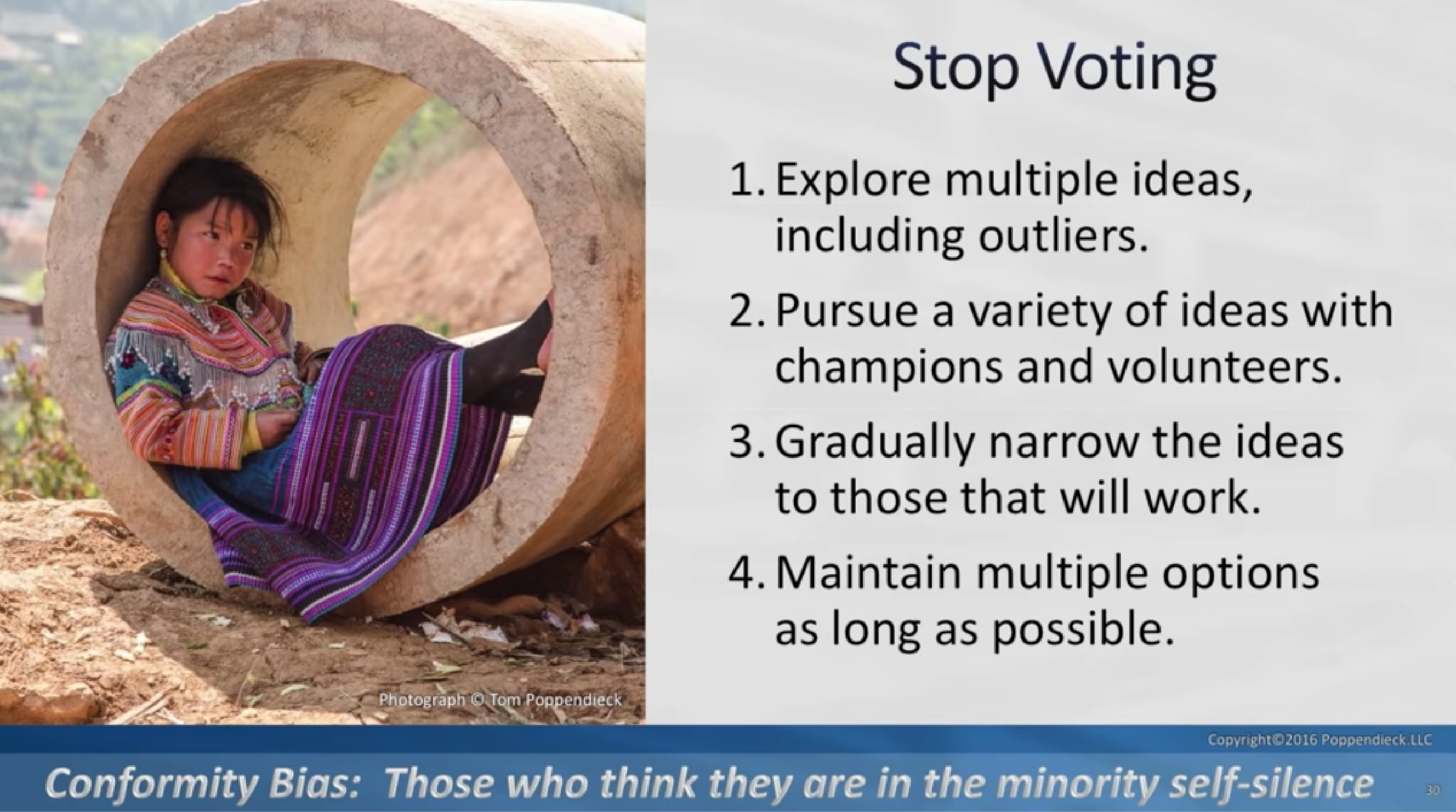
Wednesday: they vote -> don’t like -> needs majority -> Attract people to ideas if you can attract a few ppl to an idea
===
SUMMARY
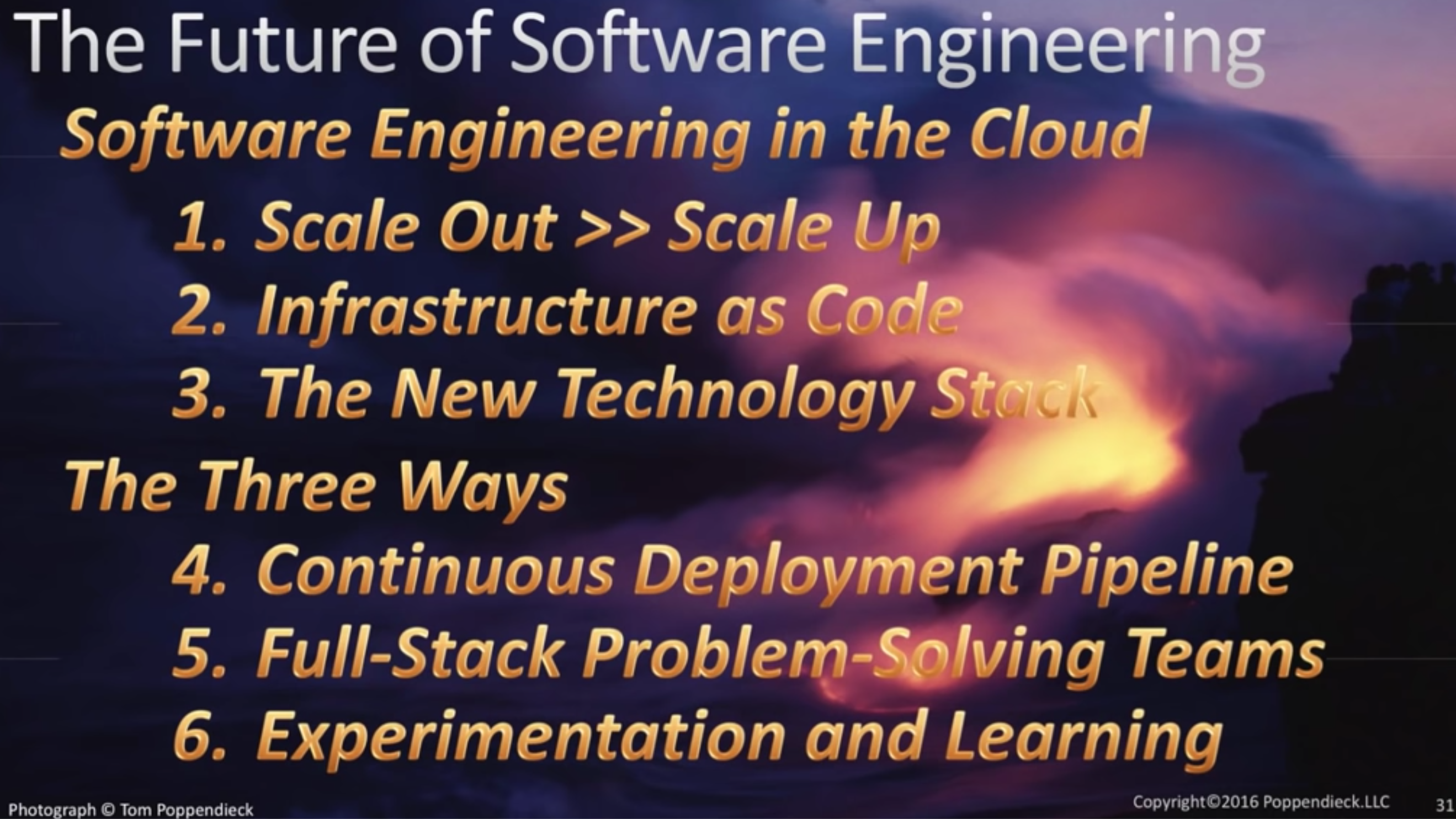
===
Q&A Site: www.poppendieck.com
Trend away from monolith and towards distributed systems. Try and solve problems they don’t have. Over-engineer solutions. -> Speed of learning -> Need to migrate -> Find your own solution hadoop took 8 years amazon took 5 years if you wanna do it in 6 months, you’re crazy
What do you think about the role of regulation systems like laws and government in the cloud federated world. -> there will be regulations -> cloud ppl better figure it out -> cloud can be in many different places, and the location where will change rules
